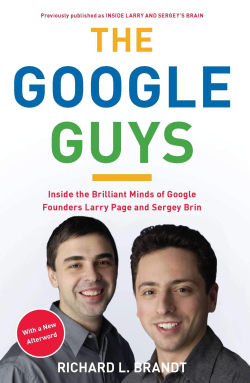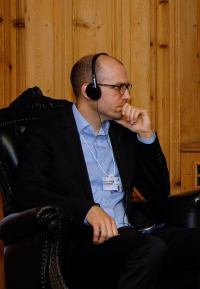
Google has what’s called a “dual-share” structure. There are GOOG shares, which supposedly convey ownership. Then there are GOOGL shares, which hold most of the voting rights and convey control. This was put in place by co-founders Sergey Brin and Larry Page. Through GOOGL they control the company in perpetuity.
This is tech’s democracy problem. The democracy in corporate governance is disappearing.
Alibaba came public in New York first, rather than China, because it had this dual-share structure. You can’t buy Alibaba except through Jack Ma. China had to relent on this before Alibaba would list in Hong Kong. Yes, China’s market was (it isn’t now but it was) more democratic than America’s.
In a democracy it’s one man one vote. In a corporation it should be one share one vote. Increasingly it isn’t. The whole thing became a comedy in the mess around WeWork. Softbank’s Masayoshi Son sent billions to WeWork under the mis-named “cult of the founder.” He structured the deal so that founder Adam Neumann couldn’t be ousted. When it became apparent that Neumann was an idiot or perhaps worse, it cost WeWork billions to get rid of him. The same thing happened at Uber with Travis Kalanick.
This idea that founders should control their companies indefinitely arose in tech during the 1980s. Wall Street was able to oust Apple co-founder Steve Jobs, installing “adult supervision” that nearly wrecked the company, before Jobs was asked to return. Even after that, Jobs’ stake in Apple remained a minor one. His estate left nearly as much value from his Walt Disney shares, from Pixar, as from Apple.

The original sin in this doesn’t come from tech, but from the media industry. When The New York Times went public a half-century ago, the Sulzberger family guaranteed their continuing control through a dual-share structure. The present publisher is the 5th in his hereditary line. The Times isn’t really a public company. It’s more like the Bourbons or the Hapsburgs. Small wonder that their editorial view is stuck in the 18th century.
Worse, this has become true throughout media. As CNBC wrote recently, in an article reflexively defending this idiocy:
ViacomCBS is controlled by Shari Redstone. Comcast is controlled by the Roberts family. AMC Networks is controlled by the Dolan family. Fox is controlled by the Murdochs.
Uh, why? Why should any minority shareholder be allowed to control a public company, and their heirs do the same? Lachlan Murdoch didn’t start Fox. Shari Redstone didn’t start Viacom. They’re heirs. They’re not qualified.
There’s some urgency here. Imagine if Larry Page’s 12-year old kid decides one day he wants to run Google. We can’t keep putting the fate of our great companies into the hands of unqualified heirs. It’s time to end it. It’s time to stand up for corporate democracy.









